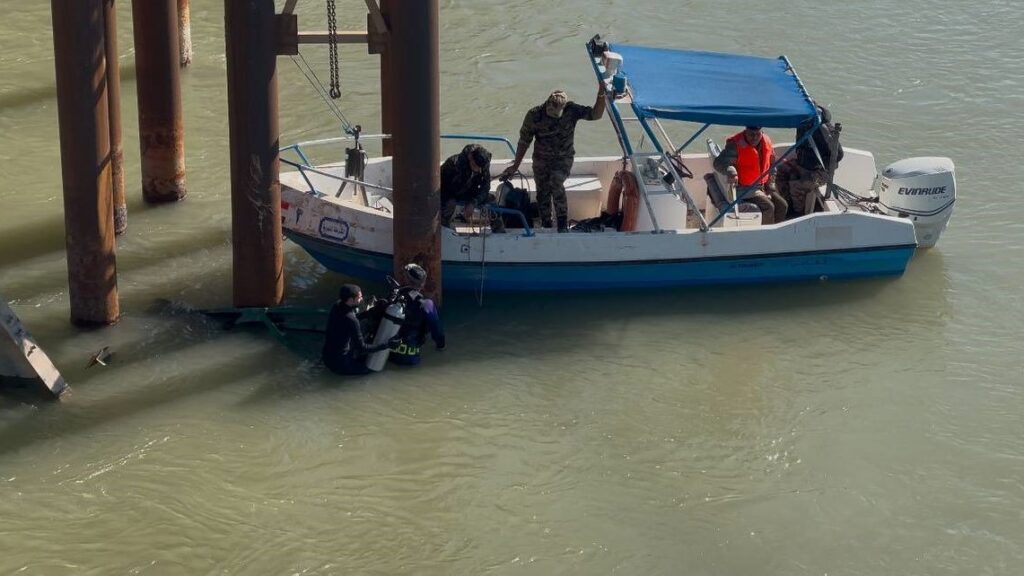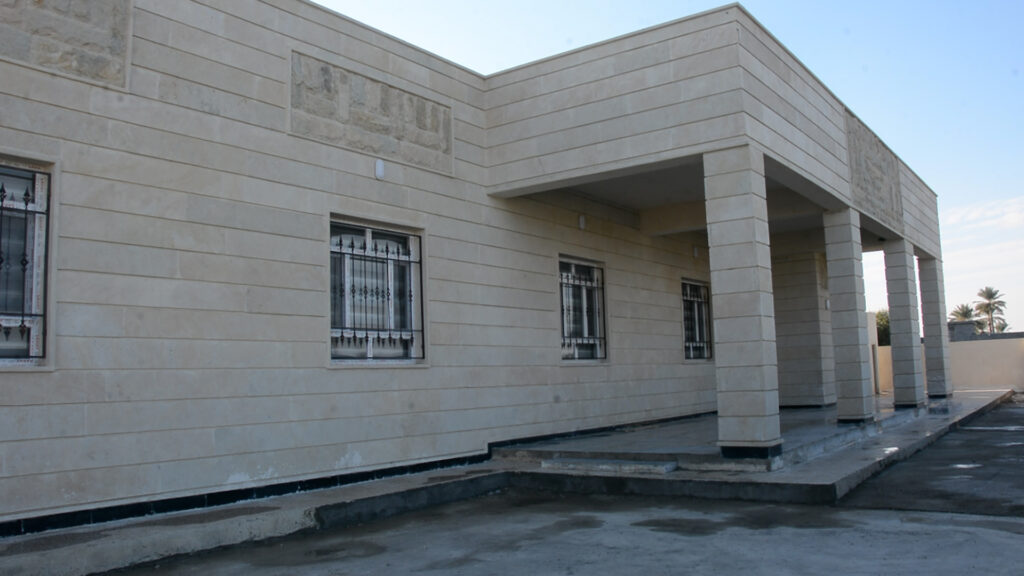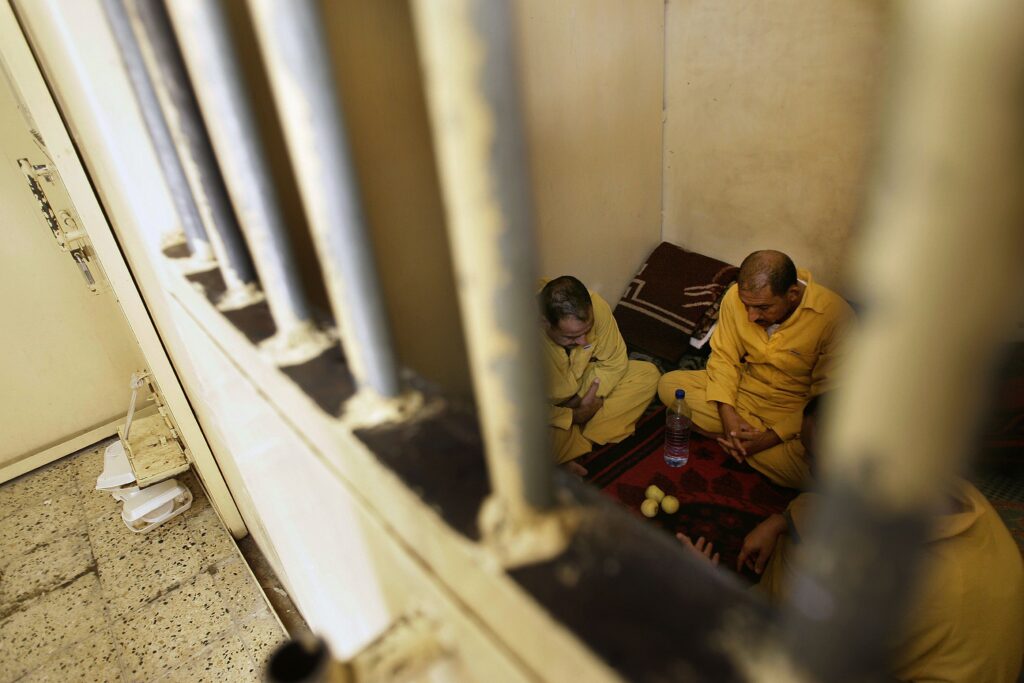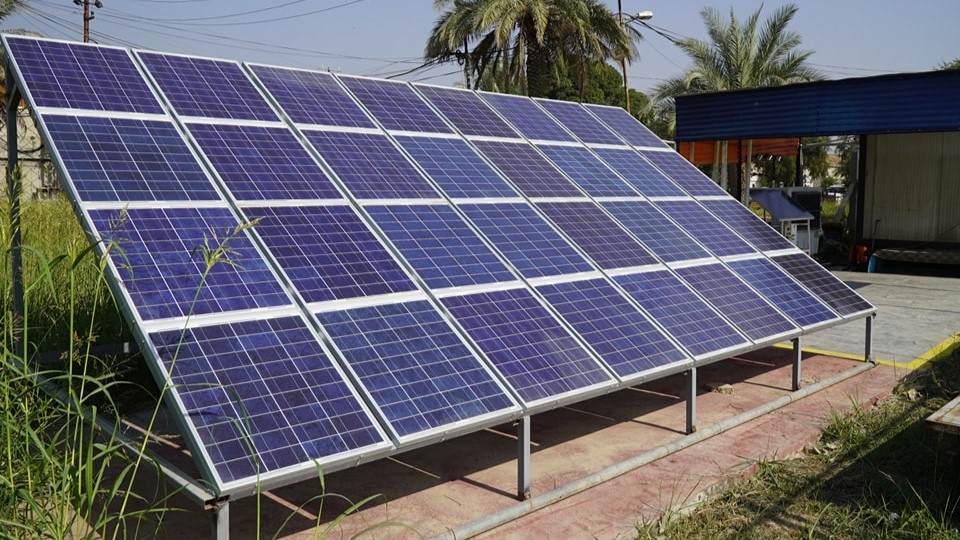Iraq’s Kurdish region is source of possible smuggling, non-compliance with OPEC+ cuts: deputy PM

Iraq’s semi-autonomous Kurdish region is a source of possible oil smuggling and overproduction that has driven the OPEC’s second largest member to fail to comply with OPEC+ cuts, the country’s deputy prime minister said Sept. 22.
“The [OPEC+} cutbacks have to be implemented on a nation-wide basis rather than just southern oil fields,” Ali Allawi told the Powering Iraq virtual conference. “There are indications that the KRG [Kurdistan Regional Government] is not cutting back to the limits required by the OPEC+ agreement for which federal Iraq has to make up this difference.”
Allawi, who is also finance minister, said there may be unknown amounts of smuggling also taking place in the region, which produces between 450,000 and 470,000 b/d of crude.
“There might be leakages from some other [Kurdish] oil fields, or there might be leakages that go into trucking to various points, but we are not aware of the amounts,” he added.
A spokesman for the Kurdish energy ministry was not immediately available for comment.
Kurdish overproduction
Iraq lowered its crude oil output in August to 3.578 million b/d, official figures showed Sept. 10, but remained above the 3.404 million b/d it had pledged to hold production to under the OPEC + supply accord
The production figure, provided by state oil marketer SOMO to S&P Global Platts, includes 3.122 million b/d of federally controlled output and 456,000 b/d from the Kurdish region.
The breakdown shows that Iraq’s quota breach stems largely from the KRG’s unwillingness to bring its production down in line with the deal.
Baghdad and Erbil had agreed to share the OPEC+ production cuts proportionally, but the SOMO figures show the KRG achieved just 79% compliance with its quota, while the federal government hit 102%.
Oil debts
The KRG’s non-compliance is complicated by its production sharing agreements with international oil companies and debts to oil trading firms, Allawi said.
“By the time it gets to the terminal in Ceyhan, the amount of oil that is owned by the KRG, we have to take [into account] that the amount of oil that has to be paid to various pipeline companies and trading companies that have lent money to the KRG,” said Allawi.
“The net oil is significantly smaller than the KRG’s share of production sharing agreements.”
Currently Erbil and Baghdad are in talks to sort out the sharing of oil revenue, which is part of the 2021 budget negotiations. Erbil has complained of Baghdad’s delay in providing it with cash needed to pay Kurdish public sector salaries.
“If we continue along the basis of the past and that is to work out a certain percentage proportional to federal revenues that are allocated to the KRG, the law requires that KRG also surrender revenues relating to oil production, relating to customs and other forms of revenues back to federal government,” said Allawi. “In the past this has not happened. Now we are working with the KRG on the size and scope for exports and what are the various issues that may hinder, that may quicken the integration of the export revenues of the KRG into the federal budget. This is an important element.”
Fiscal deficit
Iraq, which is in the process of drafting its 2020 and 2021 budgets, is struggling to finance its fiscal deficit due to the drop in oil revenues that account for as much as 90% of total income.
In August, Iraq raked in $3.517 billion as it sold its crude at an average of $43.693/b, compared with $3.491 billion at an average of $40.762/b in July.
However, in the last four months the monthly fiscal deficit has ranged between $3 billion and $4 billion, which is unsustainable unless urgent reforms are adopted, Allawi said.
One of the major expenses eating up government revenue is losses from the electricity sector, which amount to as much as $10 billion a year, representing 15-20% of state income, he added. Even government ministries have failed to pay their electricity bills, he said.
Iraq imports electricity and gas from Iran to meet power a domestic generation shortfall, but is under increasing US pressure to lower its dependence on Tehran’s energy sector, which has been subject to US sanctions since 2018.
US waivers
Since 2018, Iraq has been receiving temporary US waivers to continue to import Iranian electricity and gas.
It is not economically feasible now for Iraq to cut its Iranian imports, Allawi said. Iraq is also working on boosting its power generation capacity as well as seeking interconnections with Saudi Arabia, Jordan and Turkey. It is also seeking to import power from the Gulf Cooperation Council grid via Kuwait. The GCC includes Saudi Arabia, Kuwait, the UAE, Bahrain, Oman and Qatar.
None of these agreements has been finalized, Allawi said.
“The easiest one to proceed with in terms of agreements but most costly is the Saudi connection,” said Allawi. “Kuwait is easier technically but requires more agreements.”
Source: Platts





